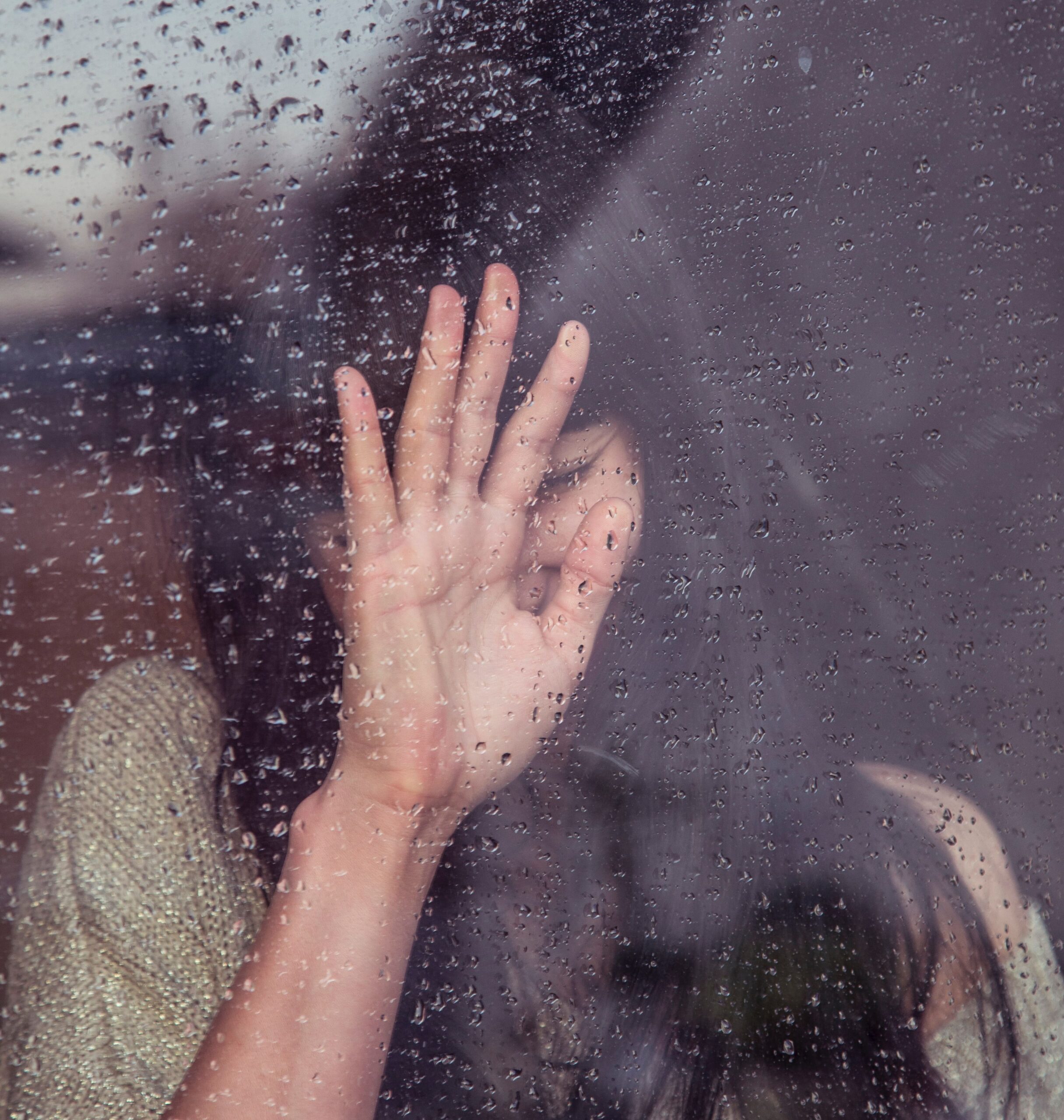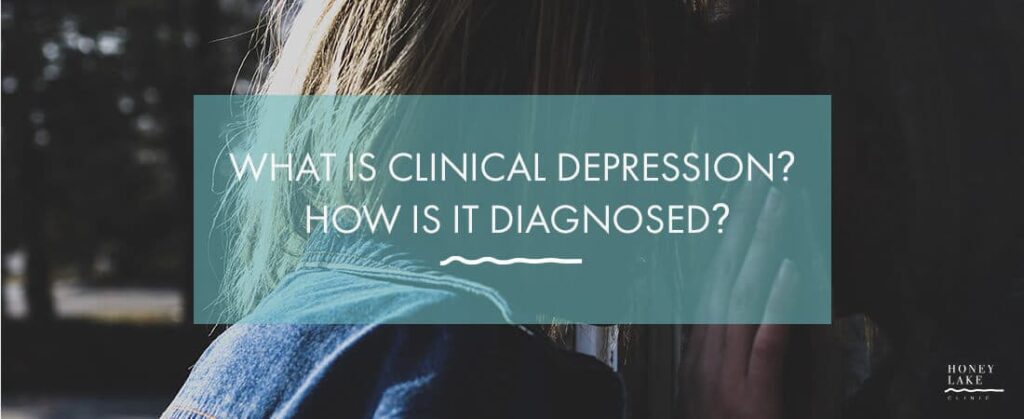What is Clinical Depression?
How is it diagnosed?
According to the World Health Organization, depression is the leading cause of disability worldwide, and the 2nd leading cause of death for people 15-29 years of age. This begs some important questions—
What is depression?
Depression is a common and serious medical illness, ranging in severity, from temporary feelings of sadness to a severe, persistent condition. The broad term Clinical Depression is often used when depressed or negative feelings disrupt life for a significant period of time, and in a characteristic way. Major Depression is the most studied and clearly described type.

How is clinical depression diagnosed?
There isn’t a specific medical test to diagnose depression. To reach this diagnosis, doctors consider a client’s symptoms against a criterion for major depression. The combination of several common symptoms, experienced over a period of weeks, form the basis for diagnosis—
- Profound sadness or hopelessness
- Apathy or a diminished interest in activity
- Significant weight gain or loss
- Sleeplessness or oversleeping
- Fatigue or loss of energy
- Feelings of worthlessness
- Recurring thoughts of death or suicide
If you or a loved one believe you show these symptoms take our free depression diagnostic tool.
In making a diagnosis, doctors weigh a client’s circumstances, considering other types of depression which meet the Major Depression criteria, but have special characteristics:
- Post-partum – Some new mothers experience a major depression in the months after delivering a baby. Post-partum depression is linked to changes in hormones, sleep deprivation, and the pressures, responsibilities and stress of caring for a newborn.
- Seasonal – Some experience a major depression in a seasonal rhythm. Most often presenting in the late fall and winter, seasonal depression is often linked to shorter days and decreased sunlight.
- Bipolar – Individuals suffering bi-polar depression not only endure major clinical depression, but also experiences extreme highs called hypo-manic or manic episodes.
- Depression with psychosis – In severe cases, hallucinations and/or delusions can accompany major depression symptoms. Sufferers sometimes see, hear and feel things that are not really there, can become extremely paranoid and think unreasonably.

For the clinically depressed—in any and all forms—symptoms can combine and become severe enough to impact all areas of life. Depression is damaging, and can become deadly if untreated.
Where can you turn for help?
If you are experiencing symptoms of clinical depression, you are certainly not alone. Depression doesn’t discriminate, affecting people of all ages, including children, and people of all cultural and religious backgrounds. Billions suffer around the world today.
The very good news is that clinical depression can be successfully treated, and many who suffer are cured on a daily basis. Under proper care, prescription medications can alleviate the symptoms of depression, allowing you to concentrate, think, and develop the spiritual and psychological skills which will renew and heal you. At Honey Lake Clinic, we specialize in helping cure depression.
You can be free of depression’s grip!
Our professional and experienced team of licensed therapists, psychologists, and psychiatric specialists will assist you in regaining control of your life. The individualized treatment, experienced staff, and tranquil environment at Honey Lake Clinic can help you regain control of your life and find lasting transformation.
